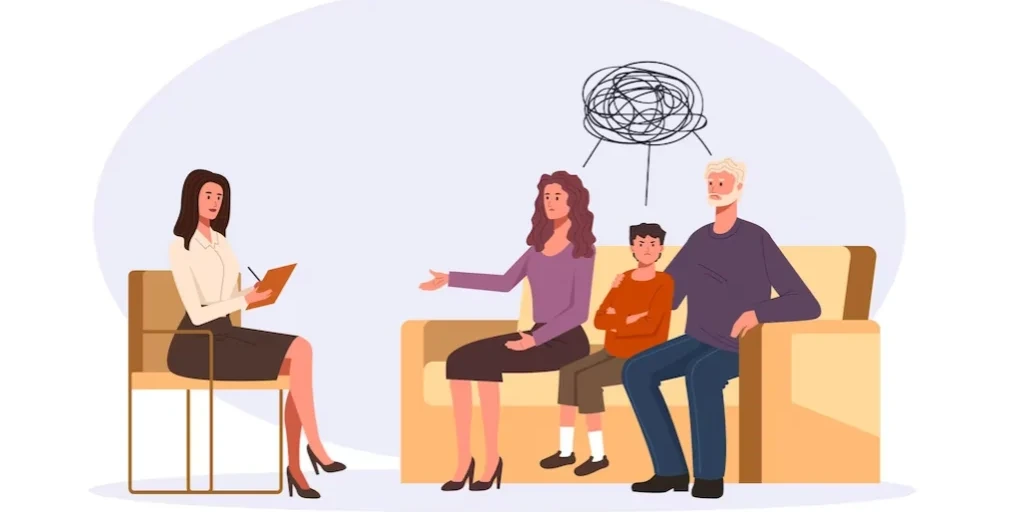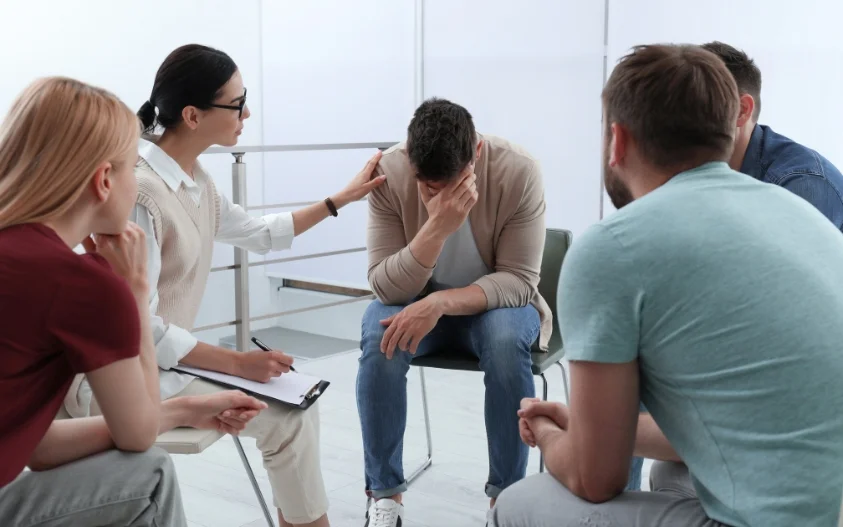24/7 Helpline:
(866) 899-221924/7 Helpline:
(866) 899-2219
Learn more about Inpatient Rehab centers in Jackson County
Inpatient Rehab in Other Counties

Other Insurance Options

Oxford

BlueCross

Sliding scale payment assistance

Horizon Healthcare Service

Ambetter

Holman Group

Health Partners

MVP Healthcare

Choice Care Network

Humana

Optima

WellPoint

American Behavioral

ComPsych

Excellus

Health Net

Lucent

Absolute Total Care

Evernorth

Carleon

St. Joseph’s Addiction Treatment & Recovery Centers
St. Joseph's Addiction Treatment & Recovery Centers offers outpatient treatment for individuals with...
















































North Star Behavioral Health
North Star Behavioral Health is a private rehab located in Malone, New York. North Star Behavioral H...

Citizen Advocates – Behavioral Health Clinic
Services include but are not limited to: Individual and group/family psychotherapy Individualized co...

Youth Advocate Programs – Franklin County
Youth Advocate Programs is a counseling clinic located in Malone, NY. Youth Advocate Programs specia...

Citizen Advocates – Crisis and Recovery Center
Services include but are not limited to: 24/7 crisis services Substance use disorder evaluation and ...



































































